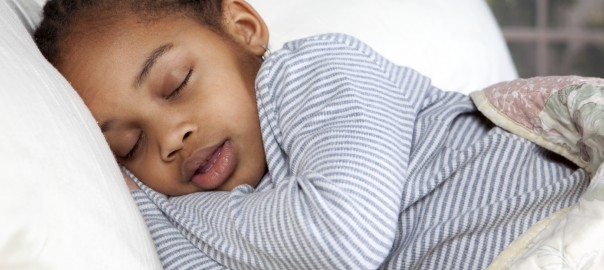The social science research advises that the most salient factor in determining risk for poor developmental outcomes for children subject to parental divorce is the level of conflict between parents.
High conflict separated parents, at least one parent, if not both holds a great deal of animosity which can lead to parental alienation. One or both parties will vilify the other. One or both will also present themselves as holding the best interest of the child on a greater basis than the other. Conflict tends to be unremitting and as soon as one issue is resolved, several others may surface. There may or may not be a realistic basis to some or all the complaints one parent has of the other. Children in these situations tend to be caught in the middle. They are often used as go-betweens and are at risk of having behavioural and emotional psychological issues that interfere with their daily functioning.
High conflict separated parents will in some instances poison the minds of the children to such an extent that all attempts by one of the parties to have contact to the minor children will be frustrated. The minds of these children are poisoned to such an extent that any ongoing relationship with the alienated parent will be severally jeopardised and will only be partially repaired by intense psychotherapy. The alienated parent inevitably gives up all hope of having proper contact to the child.
For the high conflict separated parents, the saying “tall fences make good neighbours” should guide intervention. The goal with high conflict separated parents is to structure a parenting plan that reduces the necessity for parental communication, contact and problem-solving. To affect this, the parenting plan tends to be highly structured and somewhat rigid. Parents are not to rely upon each other. Each will have their own supports available to minimize either having to depend on the other understanding that all points of contact provide risk for re-engagement in conflict – poison to the children.
Unnecessary Damage
In my experience when children are drawn into these battles between divorced and/ or estranged parents it says a great deal about the obsessiveness of the parties. Normally, both parents use the child as a punching bag to vent their frustration arising from the consequences that follow the breakup of a relationship, i.e. to rid themselves of their inadequacies, anxieties and disappointments. In the leading cases dealing with children in bitter divorces, i.e. asking children to express their views in court, often leads them to be subjected to a battery of questions from psychologists. The children in the main are very scarred by the legal and psychological process they have to undergo in these cases and they themselves will probably need therapy for the rest of their lives.
The parents are never satisfied by one court’s decision and drag the children from one Court to another until their financial resources are exhausted. The wishes of children should be respected, but courts should be sensitive in using children to give evidence in contact cases. There is no doubt, and this may sound repetitive, that it is the children who are the casualties of the war between the parents.
The Case of the Brave Child
In the leading case dealing with child alienation, the case illustrates that while in certain circumstances children, the wishes of children depending on their age should be heard. The court has to assess matters in which children’s opinions are expressed very carefully.
The matter dealt with an adolescent child who approached the court for a variation of a custody order. The court assigned a legal representative in terms of s 28(1)(h) stressing that “a child in civil proceedings may, where substantial injustice would otherwise result, be given a voice.” The Judge obtained a report from the family advocate to assist her in deciding whether custody should be awarded to the father of the child. Evidence showed that the father had instructed the child to be obstructive making the child feel as though he had to favour a certain parent. The psychologists were of the opinion that the child had made his decision due to duress or undue influence. It was held that the father was found to be a manipulative obsessive man and that it would not be in the best interest of the child to award him with sole custody. The court went accordingly against the wishes of the child.
Additionally, there is a universal principle which is found in most of the international instruments or conventions dealing with the rights of a child which states that the best interest principal supersedes any wishes or opinions the child may have. In considering what is in the best interests of the child. A convenient point of departure is the Constitution. Section 28(2) of the Constitution provides that “a child’s best interests are of paramount importance in every matter concerning the child”. This is a universal principle which is found in most of the international instruments or conventions dealing with the rights of a child.
Necessity for a Psychologist
In all parental alienation matters, it is necessary for a child psychologist to be agreed upon by the legal representative or by the court to evaluate what would be in the best interest of the child in bitterly contested custody matters. In terms of the Children’s Act, the court may appoint an Advocate or Attorney to represent the child’s best interest. I would suggest that in every matter concerning a child wishing to express their views in court, a trained expert psychologist should be present in court to ascertain the true wishes of the child.
I have a special note to separated parents, please play nicely and if you can’t, then leave each other alone and work through your therapist of intermediaries.





